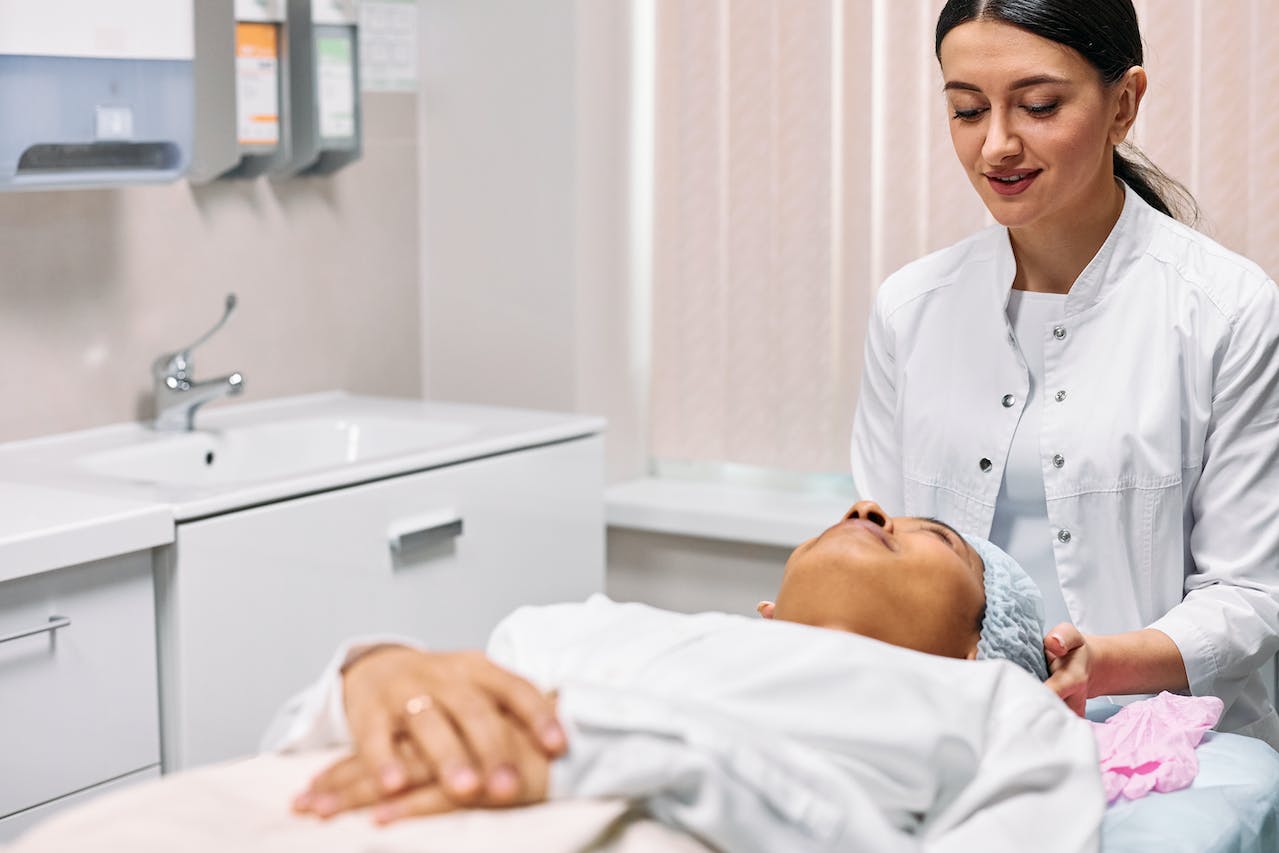Health
Tailored Care: Addressing the Unique Needs of Specialized Populations in Suboxone Clinics

Suboxone clinics offer addiction treatment for individuals suffering from opioid addiction. These clinics provide suboxone treatment, which is a combination of buprenorphine and naloxone, to help individuals manage their addiction and reduce withdrawal symptoms. However, not all individuals with opioid addiction have the same needs. Specialized populations, such as pregnant women, adolescents, and elderly individuals, require tailored care to address their unique challenges and risks.
In this article, we will discuss the importance of tailored care for specialized populations in suboxone clinics and the available resources and support for these populations.
What are Suboxone Clinics?
Suboxone clinics are committed to providing tailored care for specialized populations. For example, pregnant women may require additional support and resources to ensure that their treatment is safe for both mother and baby. Adolescents may need additional counseling and guidance to ensure that they are able to stay on track with their treatment. Elderly individuals may need more frequent visits and specialized medications to address their unique needs. In addition, suboxone clinics offer a variety of resources and support to help these populations manage their addiction and reduce withdrawal symptoms.
For those seeking effective online suboxone treatment, Confidant Health offers a pioneering solution. Their platform is tailored to meet the unique needs of each individual, providing comprehensive care that encompasses both medication-assisted treatment and supportive counseling. With Confidant Health, you can access expert care and personalized treatment plans, ensuring a compassionate and effective path to recovery from the comfort of your own home.
Specialized Populations in Suboxone Clinics
Pregnant Women
Pregnant women with opioid addiction face unique challenges and risks. Opioid use during pregnancy can lead to complications such as preterm labor, low birth weight, and neonatal abstinence syndrome. Therefore, it is essential to provide specialized care for pregnant women in suboxone clinics. These clinics offer counseling, mental health therapy, and other resources to help pregnant women manage their addiction and reduce the risks to their unborn child.
Suboxone clinics also provide education about the dangers of opioid use during pregnancy and the importance of seeking help for addiction. They offer support and guidance to help pregnant women take the necessary steps to protect their health and the health of their unborn child. Furthermore, these clinics often provide access to medical care and other services to help pregnant women manage their addiction and improve their overall health. Finally, these clinics are dedicated to helping pregnant women with opioid addiction lead healthy and productive lives.
Adolescents
Adolescents with opioid addiction have specific challenges and needs. They may face social stigma, peer pressure, and other issues that can make it difficult to manage their addiction. Therefore, tailored care is crucial for adolescents in suboxone clinics. These clinics offer age-appropriate counseling, mental health therapy, and other resources to help adolescents manage their addiction and improve their overall well-being. Suboxone clinics also provide education about the risks of opioid use and the importance of self-care. They can help adolescents develop positive coping skills to deal with cravings and triggers. Additionally, they can provide support and resources for family members who are also affected by the addiction.
Furthermore, these clinics can provide referrals and support for adolescents to access community resources that can help them succeed in school and find meaningful employment. Finally, they can provide guidance and support to ensure that adolescents are able to transition back to their homes and communities successfully.
Elderly Individuals
Elderly individuals with opioid addiction face unique challenges and risks as well. They may have other health conditions that can complicate their addiction treatment, such as chronic pain or cognitive impairment. Therefore, specialized care is essential for elderly individuals in suboxone clinics. These clinics offer counseling, mental health therapy, and other resources to help elderly individuals manage their addiction and improve their overall health.
These clinics also provide support to the elderly individual’s family members, as addiction can be difficult to manage without help and understanding. This support can include education about opioid addiction, resources to help the family cope, and guidance on how to provide support to the elderly individual. Additionally, these clinics can help elderly individuals access other services, such as housing assistance and medical care.
Tailored Care in Suboxone Clinics
Individualized Treatment Plans
Tailored care for specialized populations in suboxone clinics involves individualized treatment plans. These plans take into account the unique needs and challenges of each individual and provide personalized care. For example, an individualized treatment plan for a pregnant woman may include regular prenatal care, medication management, and counseling to address the risks to her unborn child. An individualized treatment plan for an elderly individual may include medication management, cognitive therapy, and other resources to address their specific health needs.
Culturally Competent Care
Tailored care for specialized populations in suboxone clinics also involves culturally competent care. This means that the clinic staff understands and respects the cultural beliefs and practices of each individual and provides care that is sensitive to their cultural background. For example, a culturally competent clinic may offer counseling in multiple languages or provide resources that are specific to certain cultural practices.
Conclusion
Tailored care is essential for specialized populations in suboxone clinics. Pregnant women, adolescents, and elderly individuals with opioid addiction require individualized treatment plans and culturally competent care to address their unique needs and challenges. If you or someone you know is seeking treatment for opioid addiction, it is important to seek out suboxone clinics that offer tailored care. These clinics accept major credit cards and are accessible through rich internet applications. The American Psychiatric Association and the Centers for Medicare & Medicaid Services provide resources and support for addiction treatment centers. Remember, tailored care can make all the difference in addiction treatment.

